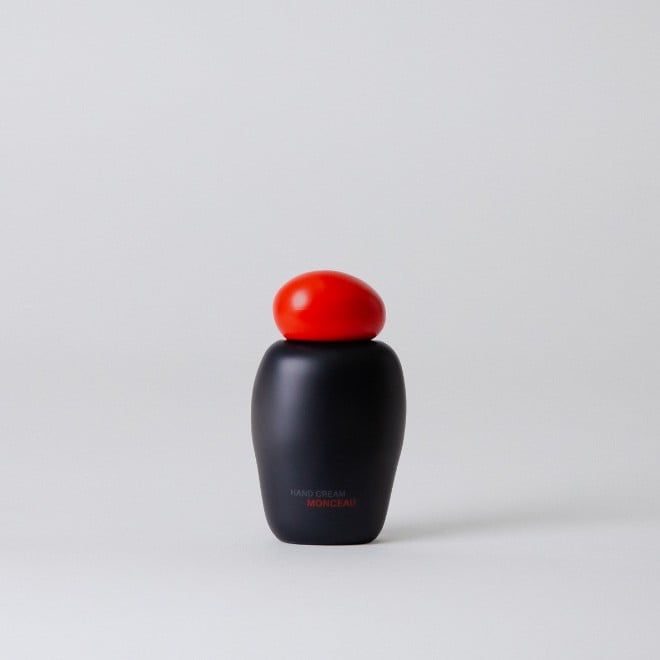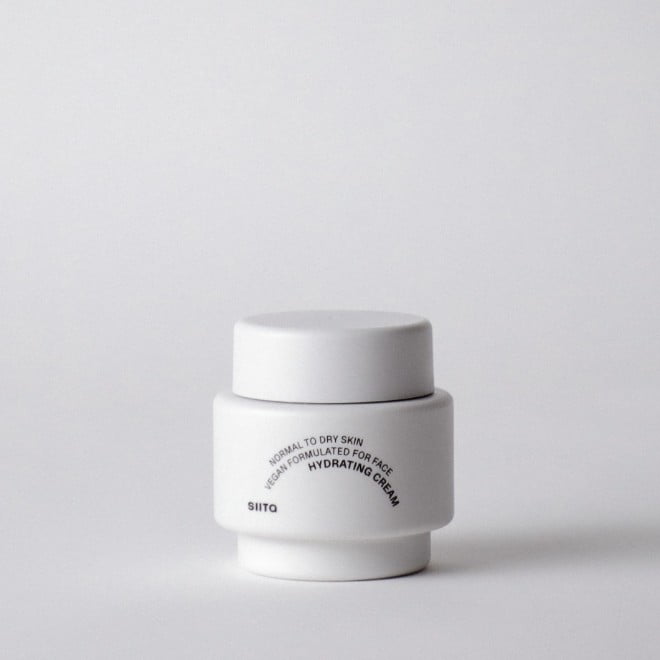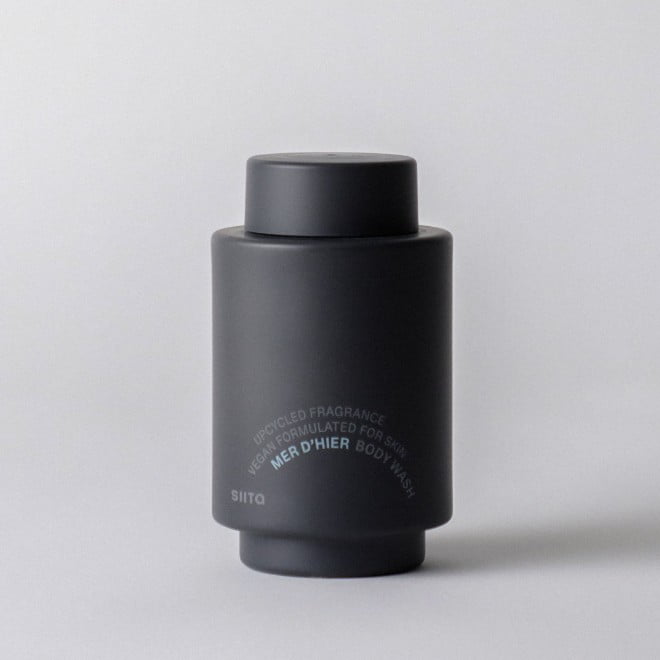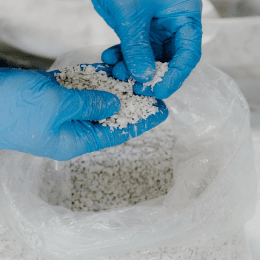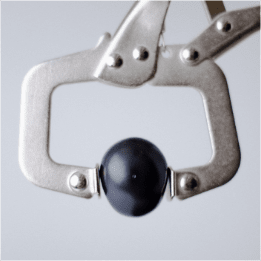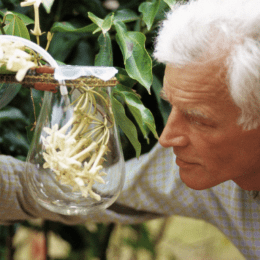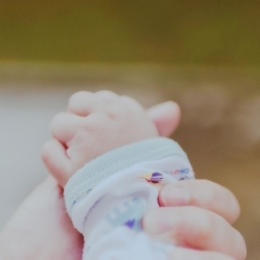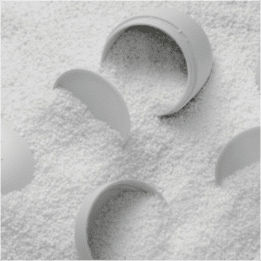HAND CREAM
Four Values Found
MONCEAU
Reappraisal of past values
MER D’HIER
Sea of yesterday that we loved
THE LIGHTEST SKINCARE
"Siita, The world’s first zero waste company"
UN
"SIITA is similar to those innovative companies, rather than just cosmetic brands,
that deliver brand new values to the public and change their lifestyle based on technology.
Just like Apple."
"SIITA Establishes A Zero-Waste System That Will Change The Paradigm For Solving Environmental Problems."
Bloomberg"SIITA, dubbed 'the Apple of cosmetics,' aims to lead sustainable cosmetics with plastics decomposition tech"
The Korea Herald"SIITA Successfully Establishes The Zero-Waste System for the First Time in the World, a Clue to Solve the Problem With Plastic Waste"
IBTimesNEW ZERO WASTE
Innovation for everyone to create a better world
SIITA PROJECT
The world where our daily lives turn into a social project
PRESS
-
Learn more
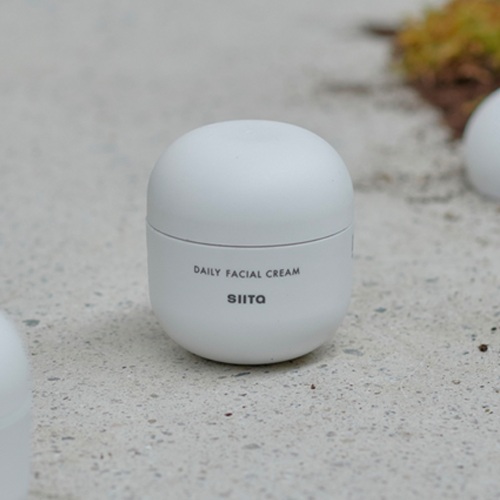 For CEO of cosmetic brand Siita, profits are means rather than a goalThe Korea Times/data/board/upload/pressus/add/a5732a17ea4f1b4b370daba360a48267_38993.jpg
For CEO of cosmetic brand Siita, profits are means rather than a goalThe Korea Times/data/board/upload/pressus/add/a5732a17ea4f1b4b370daba360a48267_38993.jpgSkincare brand Siita went viral when K-pop singer-turned-actress Ahn So-hee introduced its products on her YouTube channel. The company's aim to provide lower priced, yet quality, facial creams and to donate a portion of each sale to the underprivileged won the hearts of consumers.
But as the company was enjoying booming sales, it made a bold decision to halt further production to undergo a major renewal in March this year, donating the proceeds from stocked products to an ocean conservation group.
Such a decision came from the CEO and founder Moon Kyung-won's philosophy to provide an answer to committing to a zero-waste lifestyle.
The company's renewed line of facial creams, launched last month, uses biodegradable packages that decompose completely into the soil.
"Our mission was clear from the beginning: 'Save our home by bringing the new era of zero-waste to the world,'" Moon told The Korea Times.
"People at Sitta, including myself, are crazy about our mission and vision, which is not about making more money or becoming a leading consumer brand … And we, at Siita, have no doubt that we can accomplish that."
The CEO said he has been interested in environmental issues since high school and his philosophy of creating a sustainable planet led him to start his eco-friendly brand.
"Regarding of issues on waste, I've always had a belief that the focus should be not on how we discard the waste, but on how we can eliminate creating waste. So I started picturing how to solve environmental issues through dealing with plastic issues from the root and establishing a waste-free culture," he said.
Moon, who was running his own investment and consulting firm for about eight years, said he took the leap forward to found Siita with some of the colleagues from his previous business in September 2020, after growing confident of turning his vision into a reality.
Although he has been dedicated to researching and developing technology to eliminate waste completely, the decision to halt production of the initial plastic-tube products so soon was not something he had planned.
"I've worked on developing the 'new zero-waste project' for a long time… but discontinuing the previous products before completing this project was unexpected," he said. "One day, a young consumer asked us, 'Is Siita good for the Earth?' and it didn't take long for us to make the decision."
Adding that despite the weight of the decision, he and his team moved quickly to become a zero-waste company.
The company established its own process from collecting used packaging to running its own comminution facility to decompose them into soil, which is then given to nearby farmers and communities to use.
"To solve environmental issues, I believed there's a need to find a new paradigm in tackling the problems," he said. "Establishing an in-house comminution facility, completely breaking down our product packaging to make zero-waste; this is the first case in the world. And it's meaningful in a sense that a company is taking responsibility until the last cycle of its product, disposal."
Despite its renewed processes, the company is still running its charitable program, Siita Project, which allows consumers to take part in the good cause just by purchasing its products. Its website provides a service to track donations. It has donated to various non-profit organizations, such as GFoundation.
"To accomplish our mission, there are few visions we established. One of which is 'breaking the boundaries between social projects and our daily lives,'" he said. "The project allows people to head in a better direction as they consume and help make the world better at the same time… and if more companies take part in running such projects, market growth would become synonymous with the growth of social values."
Moon expressed that the sole motivation of the company is meeting the mission and vision of the company to bring forward a "new era of zero-waste."
"We don't ask questions on how we should make more profit or sell more products, or how we should advertise them," he said.
"Our projects, the shutdown, committing to zero waste, and becoming the world's first company to make zero waste possible is the outcome of our vision and challenges. And this could not have been possible if we only chased after short-term benefits."
Lastly, Moon added he is seeking to expand the company's philosophy into the global market. "Siita tackled the idea of completely eliminating waste in our lives, and we seek to expand it internationally to open up the era of zero-waste."
-
Learn more
 SIITA Establishes A Zero-Waste System That Will Change The Paradigm For Solving Environmental ProblemsBloomberg/data/board/upload/pressus/add/80799b57666d520d857c9f785206c8c0_10501.png
SIITA Establishes A Zero-Waste System That Will Change The Paradigm For Solving Environmental ProblemsBloomberg/data/board/upload/pressus/add/80799b57666d520d857c9f785206c8c0_10501.pngThe SIITA research team at a company dealing in consumer goods recently succeeded in establishment of the large system to completely degrade the plastic waste for the first time in the world with its own decomposition facilities. The goods are perfectly decomposed and basically waste is not generated.
Moon Kyung-won, the CEO of Siita, which recently committed itself to becoming a zero-waste company.
Up to now, the existing biodegradation products have been neither completely decomposed nor recycled, which causes bigger problem.
Specific conditions such as proper temperature, moisture, and aerobic property are required to vitalize activities of microorganisms and accordingly to decompose the biodegradation material. But there has not been the facilities equipped with such degradation conditions
In particular, creating and maintaining the high-temperature environment, one of the degradation conditions, was one of most difficult problem to solve,
because the well-equipped facility costs a tremendous amount of money depending on its size.
As the SIITA research team designed the system that can maintain the constant degradation conditions including high temperature by using energy generated by
the microorganisms themselves, the team succeeded in continuous large-scale decomposition of bioplastics.
Through this research, the team achieved the epoch-making solution to the crucial problem of bioplastic degradation in terms of both size and cost,
including reduction of degradation period from more than 6 months in the existing method to around 3 months in the new method.
The eco-friendly compost, produced after completion of decomposition-composting process of the bioplastic package, will be supplied to local farmhouses.
The finished compost product passed the tests consisting of 18 items including 8 kinds of heavy metals, toxic substances, and innocuous level and satisfied the content standard of npk, 3 elements of the fertilizer.
The 100% biodegradable raw material utilization and decomposition technology from SIITA can be applied directly to cosmetics, beverages, food containers, and one-time consumer goods, providing an innovative alternative to solving the problem of billions of plastic waste.
The SIITA team stated that the existing approach to disposal of waste cannot solve the rapidly expanding environment problems, as our new method aims
fundamentally at zero waste, it serves as a clue to completely solve the global problem with plastic.
In addition, the SIITA team decided to release the technologies for free. The released technologies contain all the information of raw material, degradation facilities, microorganism, etc. Release for free instead of exclusive possession of the technologies can bring solution of the plastic problem forward earlier. That is why the team made such decision.
Siita established its own comminution facility to break down and decompose its packaging into the soil.
-
Learn more
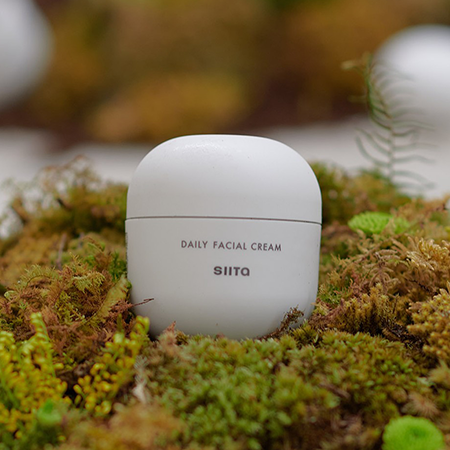 SIITA Successfully Establishes The Zero-Waste System for the First Time in the World, a Clue to Solve the Problem With Plastic WasteIBTimes/data/board/upload/pressus/add/c00d32a814d81969e59618a3101edb71_80169.png
SIITA Successfully Establishes The Zero-Waste System for the First Time in the World, a Clue to Solve the Problem With Plastic WasteIBTimes/data/board/upload/pressus/add/c00d32a814d81969e59618a3101edb71_80169.pngThe SIITA research team at a company dealing in consumer goods succeeded in establishing an extensive system to completely degrade plastic waste for the first time in the world with its decomposition facilities. As a result, the goods are perfectly decomposed, and waste is not generated.
Up until now, the existing biodegradation products have been neither completely decomposed nor recycled, which causes a bigger problem.
Specific conditions such as proper temperature, moisture, and aerobic properties are required to vitalize the activities of microorganisms and accordingly decompose the biodegradation material. But there have not been facilities equipped with such degradation conditions.
In particular, creating and maintaining the high-temperature environment, one of the degradation conditions, was one of the most difficult problems to solve because the well-equipped facility costs a tremendous amount of money depending on its size.
